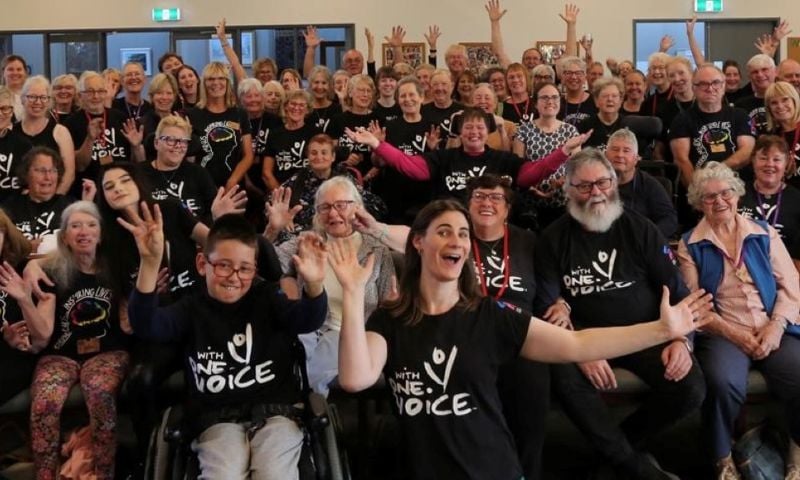It’s well publicised that the current state of mental health in young people is a major concern. One in four young people are at risk of serious mental illness, and adolescence is the peak age of onset for many mental health disorders, with half of all lifetime mental health disorders emerging by age 14, and three quarters emerging by age 24.
Start the conversation
These stats demonstrate that there has never been a more important time for you to have regular and open conversations about mental health with your kids. Even if you aren’t quite sure what to say, the important thing is that you say something.
How to talk to your kids
So, you may not understand the lingo they use anymore, and have no idea which social media app is on trend and which isn’t, but you can show you care.
If you have noticed changes in your teenager’s behaviour and want to be there for them, start by letting them know you’re concerned and want to help. This invites them to open up about what they’re going through when they’re ready.
Here is some teenager-specific advice to assist with having the mental health conversation:
- Acknowledge their feelings – avoid minimising their feelings and using statements like “just cheer up”.
- Don’t instantly launch in with loads of questions, advice or solutions to fix everything – remain calm and keep them talking.
- Stay neutral – try not to react emotionally whether its shock, criticism, anger or tears – you want your teenager to feel like they can approach you with any future concerns.
- Try alternative ways of communicating like writing them a note or sending a supportive text message if they don’t feel like talking. It’s impressive how quickly they may be able to pump out a text with what’s on their minds, versus telling you face to face.
- Respect their privacy – discuss what information they would like to stay private and if there are others worth telling such as family, friends or teachers.
- Don’t take it personally if your child isn’t keen to talk to you about what they’re going through, keep trying and don’t give up. Encourage them to speak to someone older they connect with such as a coach at their local sporting club or ask another trusted adult to drop by for a visit and chat.
- Build their confidence by acknowledging and building on the things they do well and focusing on small steps and achievements.
- Reassure them that things will get better and that there is support and treatment available. Offer to work through the options together. Talking to a GP is a good first step.
- Check in with them regularly and keep the mental health conversation going – it reminds them that you are part of their support system and care about their wellbeing.
- Research! If you’re still feeling unsure about what to do or say, read up on information online from reputable sources like beyondblue and headspace to help you feel more informed and confident to deal with what is discussed.
Let’s be honest, talking to your teenager about, well, anything, can sometimes be difficult. So, trying to talk to them about something as personal as mental health can feel like a real challenge. But given the statistics, maintaining an open dialogue with teens about mental health is essential, and the more we have these conversations the easier it gets.
Don’t underestimate the power of open honest conversation, it can make all the difference and be the turning point in getting a young person the help that they need.
Where to go for more help:
- Their school may have further resources such as a Wellbeing team
- beyondblue
- headspace
- Lifeline.



